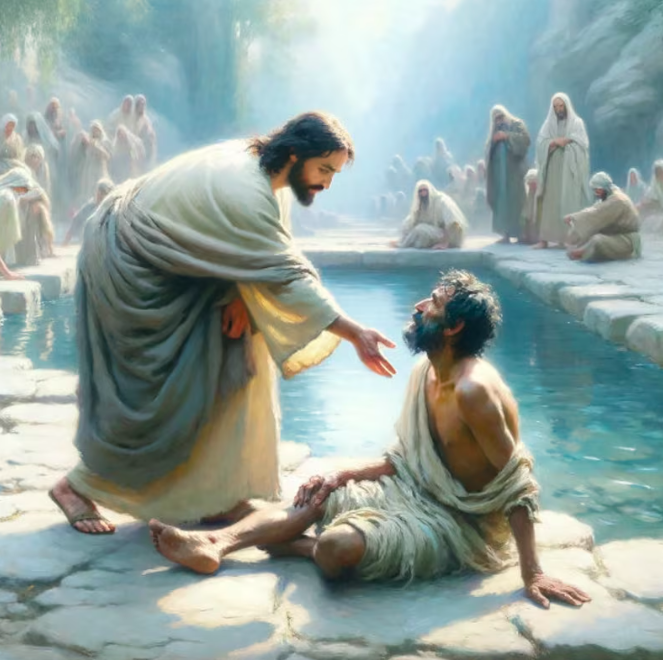Exploring the Intersection of Holistic Healing and Christianity
In recent years, there has been a growing interest in holistic healing approaches that emphasize the interconnectedness of mind, body, and spirit. At the same time, Christianity has long held its own perspectives on health and healing. But is holistic healing compatible with Christian beliefs? In this blog post, we'll delve into this intriguing question and explore the intersection of holistic healing and Christianity.
Understanding Holistic Healing: Holistic healing is an approach to health and wellness that considers the whole person – mind, body, and spirit – in the pursuit of optimal well-being. It encompasses a wide range of practices, including nutrition, exercise, mindfulness, energy healing, herbal medicine, and more. The underlying principle of holistic healing is that all aspects of a person's life are interconnected and influence one another, and true healing occurs when these aspects are in harmony.
Christian Perspectives on Healing: Christianity has its own rich tradition of healing, rooted in the teachings of Jesus Christ and the Bible. In the New Testament, Jesus is depicted as a healer who performed miraculous acts of healing, restoring sight to the blind, curing the sick, and even raising the dead. Throughout the centuries, Christian faith communities have continued to emphasize the importance of prayer, faith, and divine intervention in the healing process.
Exploring the Intersection: At first glance, holistic healing and Christianity may seem worlds apart. Holistic healing often draws on Eastern philosophies and practices that may be unfamiliar or even contrary to traditional Christian beliefs. However, upon closer examination, there are many points of intersection between these two perspectives.
1. Emphasis on Wholeness: Both holistic healing and Christianity emphasize the importance of wholeness and integration. While holistic healing approaches seek to integrate the physical, mental, and spiritual aspects of a person, Christianity teaches that true healing comes from aligning oneself with God's will and experiencing spiritual wholeness through faith in Christ.
2. Healing as a Divine Gift: In both holistic healing and Christianity, healing is viewed as a divine gift. Holistic healers may believe in the innate healing power of the body and the universe, while Christians attribute healing to the grace and mercy of God. Whether through natural remedies or prayerful intervention, the ultimate source of healing is seen as transcendent and beyond human understanding.
3. Mind-Body-Spirit Connection: Holistic healing and Christianity both recognize the intricate connection between the mind, body, and spirit. While holistic healers may focus on practices like meditation, yoga, or energy healing to promote balance and harmony, Christians may turn to prayer, scripture, and fellowship to nourish their spiritual well-being. Both perspectives acknowledge that addressing one aspect of health can have ripple effects on the others.
4. Respect for Creation: Holistic healing and Christianity share a reverence for creation and the natural world. Holistic healers often advocate for sustainable living, environmental stewardship, and the use of natural remedies derived from plants and herbs. Similarly, Christians believe in honoring God's creation and caring for the earth as a sacred responsibility.
5. Personal Responsibility: Both holistic healing and Christianity emphasize personal responsibility in the pursuit of health and wellness. Holistic healers encourage individuals to take an active role in their healing journey, making conscious choices that support their overall well-being. Likewise, Christians are called to steward their bodies and minds, making choices that honor God and promote abundant life.
While there may be differences between holistic healing and Christianity, there are also many points of intersection and compatibility. Both perspectives share a deep respect for the interconnectedness of mind, body, and spirit, as well as a belief in the transformative power of healing. By embracing the holistic approach to health while remaining grounded in Christian faith and values, individuals can experience profound healing and wholeness on their journey towards wellness. Ultimately, whether through holistic practices or divine intervention, the goal remains the same: to experience the fullness of life and the abundance of God's love.
Check back in next month for our blog about is Reiki a religion to learn more.
